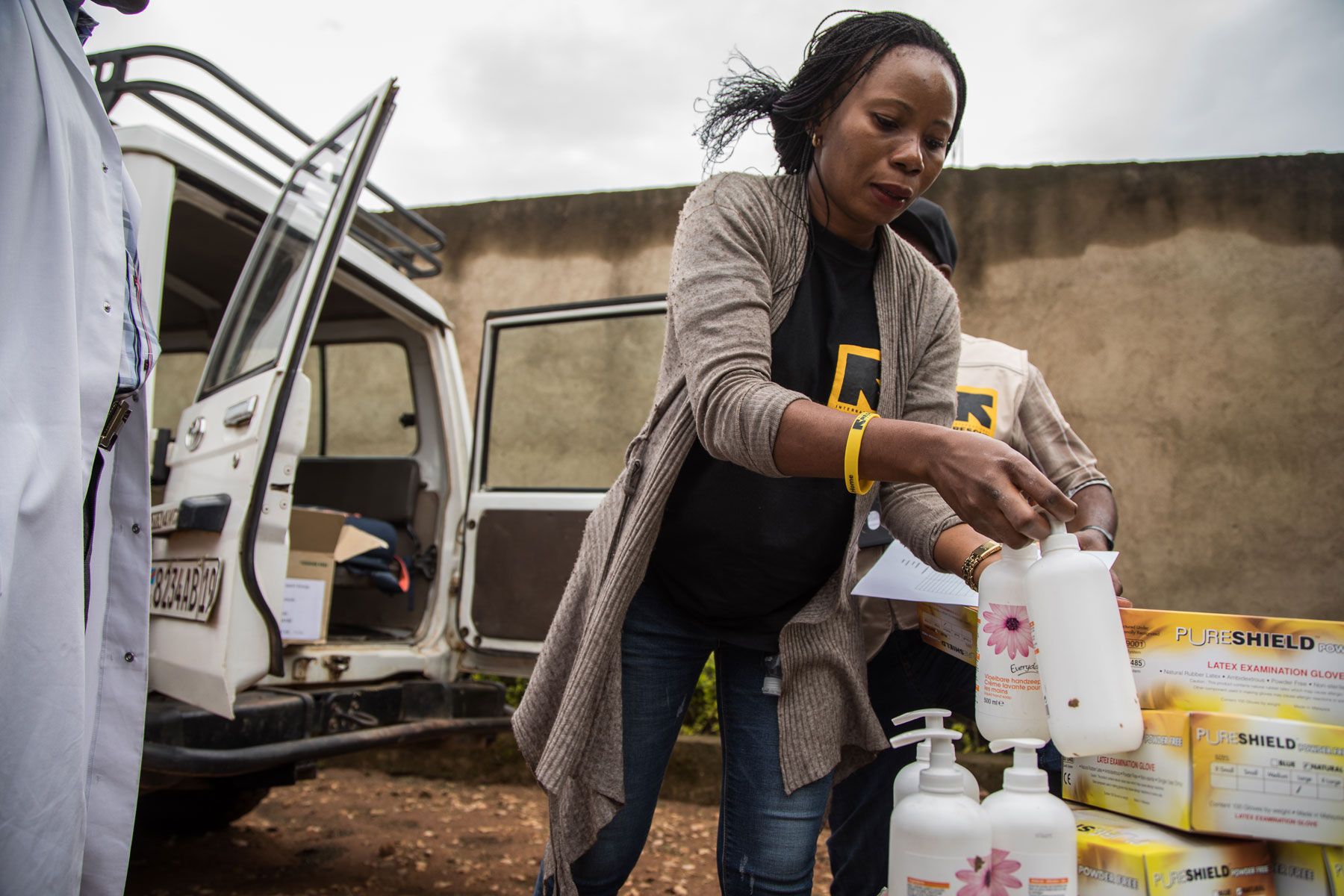
Financing Refugee Crisis Response
Exploring new financial instruments to speed up response and save lives
Together with the Centre for Global Disaster Protection, Airbel is working to assess the potential to use risk-based financing approaches to respond to refugee influxes.
Available funding is not enough to meet the world’s vast needs for aid. When crises strike or intensify, humanitarian actors often spend their time mobilizing funding rather than directly responding to those in need. This means humanitarian response is often not just too little, but too late. But humanitarian finance is changing, with advances in innovative finance, and new opportunities opened up through data science and computation.
Together with the Centre for Global Disaster Protection, Airbel is working to assess the potential to use risk-based financing approaches to respond to refugee influxes. This work has identified five fundamental challenges in humanitarian financing around its speed, duration, use, incentives, and demand. A number of potential risk-based financing solutions have been developed to address those challenges, including catastrophe bonds, insurance instruments, and others.
Project Timeline
Report released on challenges and potential solutions in humanitarian finance
The report highlights five fundamental challenges in humanitarian financing, and several potential solutions, including catastrophe bonds, insurance instruments and others.
ResourceInnovation Lab in New York
This second innovation lab was co-organized by Airbel and DfiD’s Center for Global Disaster Protection to discuss innovative financing instruments for addressing refugee influxes with key humanitarian and finance partners